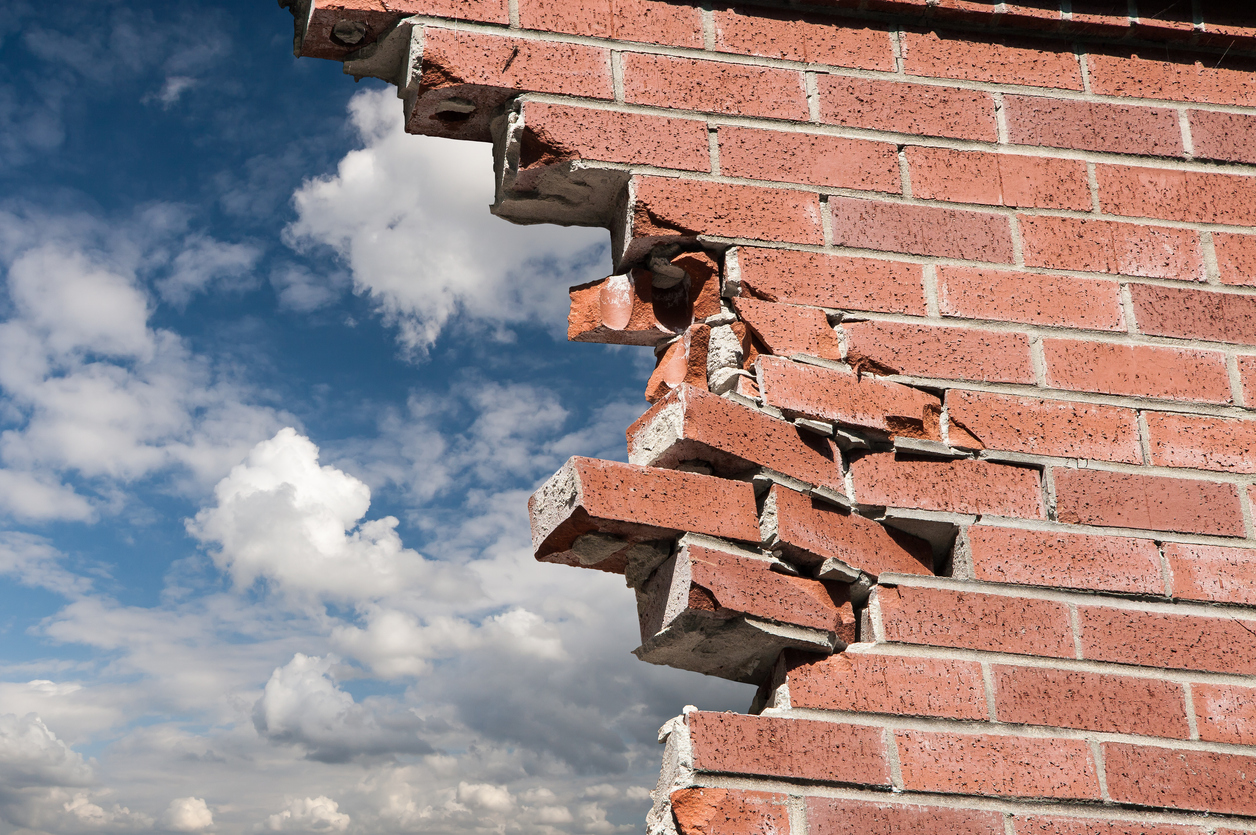This is a quote from a recent trial court order in a New York state case where Nationwide asked the judge to decide in its favor without submitting the case to the jury. Congregation Chesed L’Avraham d/b/a V’Kollel Ohel Moshe Society v. Nationwide Mutual Insurance Co., No. 19954/09 (N.Y.S. Sup.Ct. Kings County 2011). Since the practice of law is an art, there is not a bright line rule as to when the facts of a case support an insurance company’s motion for summary judgment. Some insurers file them regularly to see if they can get a favorable ruling without the need for a jury trial.
In this case, the policyholder claimed that on December 12, 2008, it sustained windstorm and ensuing water damage to the building and its interior. Nationwide denied coverage, claiming that either the rain alone caused the loss or it was caused by the policyholder’s failure to properly maintain the roof and drain. Nationwide cited the following policy exclusions:
We will not pay for loss or damage caused by or resulting from … Faulty, inadequate or defective … Design, specifications, workmanship, repair, construction, renovation, remodeling, grading, compaction; or Maintenance.
We will not pay for loss or damage to property … caused by or resulting from rain, snow, sleet, ice, sand or dust, whether driven by wind or not, unless: (1) The building or structure first sustains damage by a Covered Cause of Loss to its roof or walls through which the rain, snow, sleet, ice, sand or dust enters; or (2) the loss or damage is caused by or results from thawing of snow, sleet or ice on the building or structure.
In support of its motion, Nationwide filed affidavits of its independent adjuster and engineer who inspected the roof. They stated that the loss was not caused by a covered event or was caused by plaintiff’s failure to properly maintain the building. The court called some of their findings “conclusory.” For example, the court noted that Nationwide’s independent adjuster conducted inspections ten and seventeen days after the storm and saw extensive debris on the roof. Nationwide cited this fact to establish poor maintenance of the roof. The court pointed out that, to the contrary, a jury could reasonably conclude that the debris was caused by the storm and not by plaintiff’s inaction.
The trial court found that the policyholder demonstrated issues of material fact regarding the cause of damages. Among other things, the policyholder proffered climactic data which indicated the heightened wind gusts on the date of loss. Also, the policyholder submitted evidence that the air conditioning ducts on the roof were damaged and could have allowed water to enter the building during the storm.
The court held:
[a] trier of fact could reasonably conclude that a covered event damaged the roof and rain water subsequently entered the building through the previously-damaged areas of the roof, and that, therefore, defendant should have provided insurance benefits to plaintiff for the subject loss.
In this dispute, the defendant carrier, based on opinions of its adjuster and engineer, reach conclusions about the storm, the roof and the water damage that differ from the conclusions reached by plaintiff. However, since credibility determinations, the weighing of the evidence, and the drawing of legitimate inferences from the facts are jury functions, not those of a judge … on a motion for summary judgment, this court cannot find that either set of conclusions about the damaged roof and rain water are correct as a matter of law. The instant summary judgment motion must be denied.
In reaching its ruling, the court recognized that a summary judgment is not the place for a judge to substitute his or her view of the facts for that of the jury. There were differing interpretations of the facts reflected in the record, and the court made the interesting point that if it ruled in the insurer’s favor, it would deny the policyholder’s right to a trial by jury.



